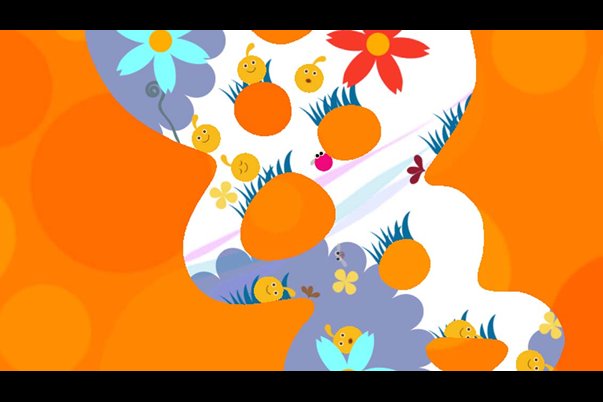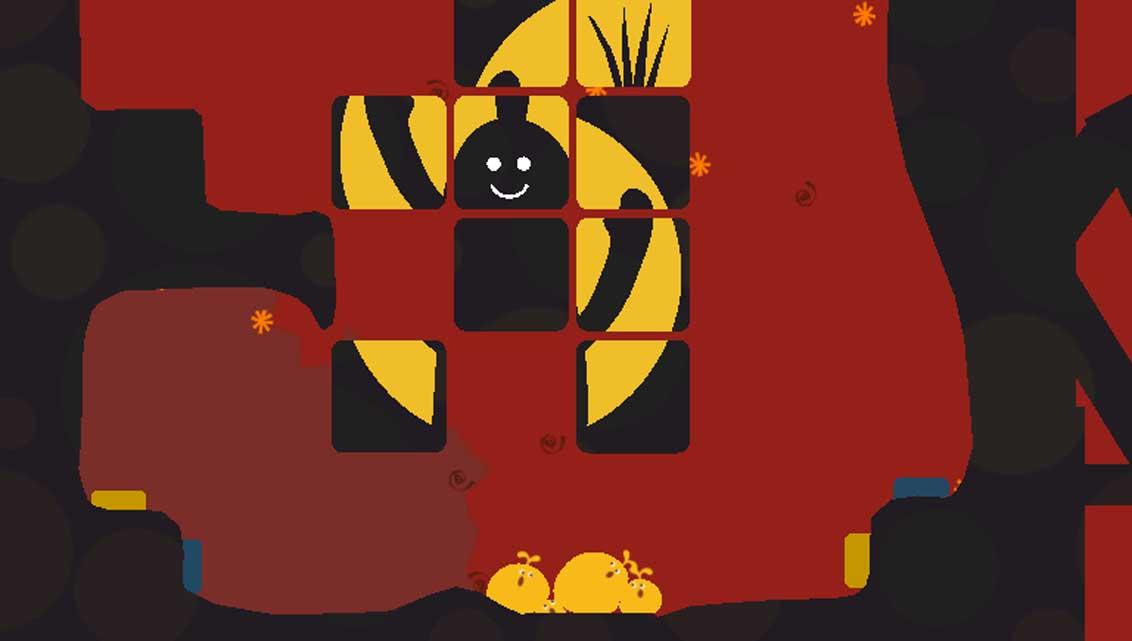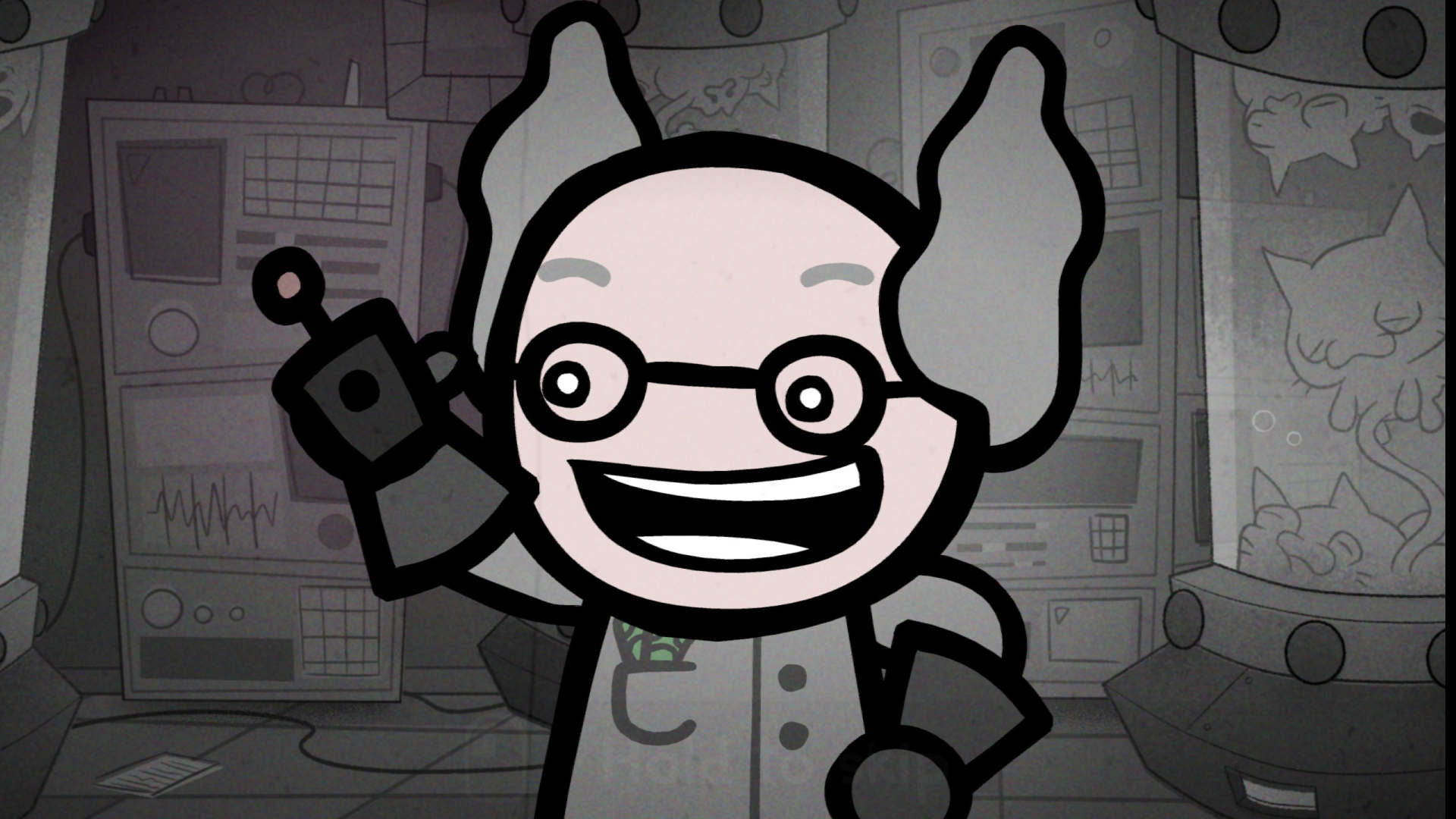Why you can trust GamesRadar+
Now that the gameplay is out of the way, we can focus on the real draw here: the LocoRocos themselves. These squishy, relentlessly happy little blobs are some of the most endearing video-game characters ever designed, and as they roll through each stage, they'll sing ridiculously catchy songs to you in their own nonsensical language.
These vary depending on what kind of LocoRoco you're using. There are six to unlock, and each comes with a different voice and musical style. The default yellow ones sing peppy pop tunes in childlike voices, while the sexier pink ones lend their soothing French accents to accordion-heavy bossa nova. The red ones nervously bust out reggae, the blue ones belt lounge tunes, black ones sing raspy, growling funk and green ones sound like folk-rockers.

Unfortunately, their unique songs aren't as used as much as we'd like, and too often, the game just re-uses a handful of so-so themes that are usually in the yellow blobs' high-pitched voice (with whatever color you're actually using singing backup vocals, maybe).
Weekly digests, tales from the communities you love, and more
More info
| Genre | Action |
| Description | Tilt an impossibly happy 2D world and guide a group of singing blobs to safety. We dare you to not crack a smile while playing. |
| Franchise name | LocoRoco |
| UK franchise name | LocoRoco |
| Platform | "PSP" |
| US censor rating | "Everyone" |
| UK censor rating | "3+" |
| Release date | 1 January 1970 (US), 1 January 1970 (UK) |




